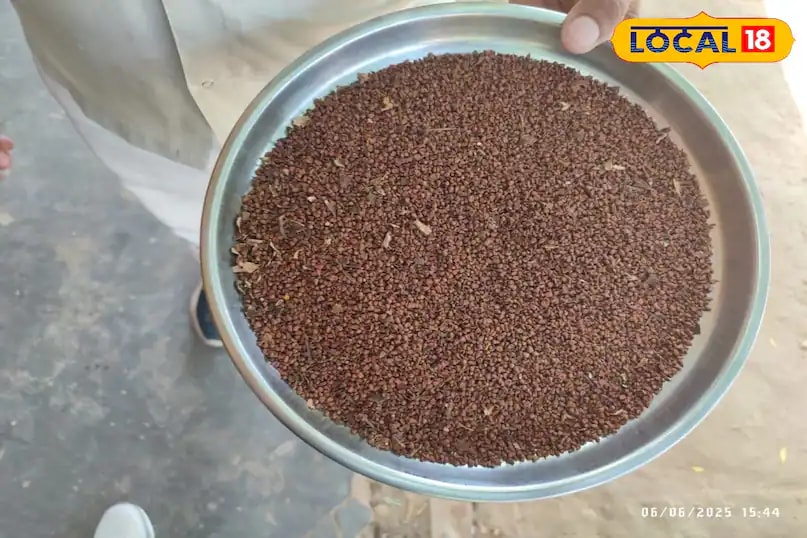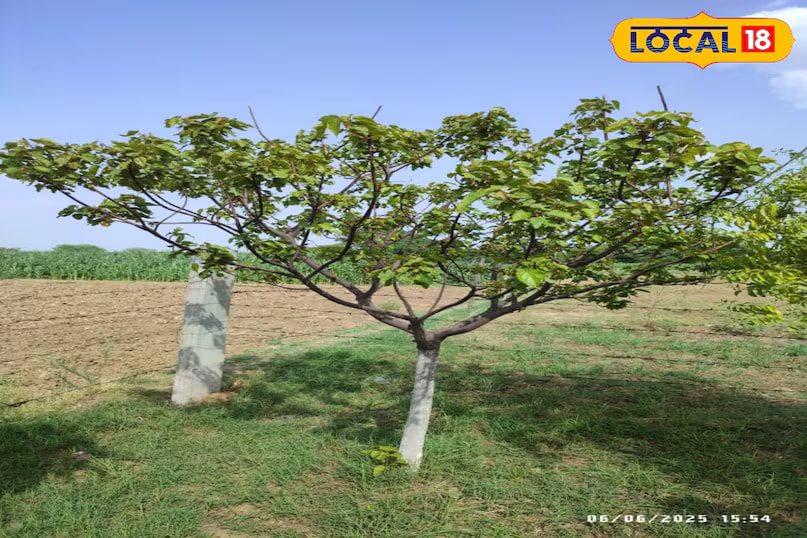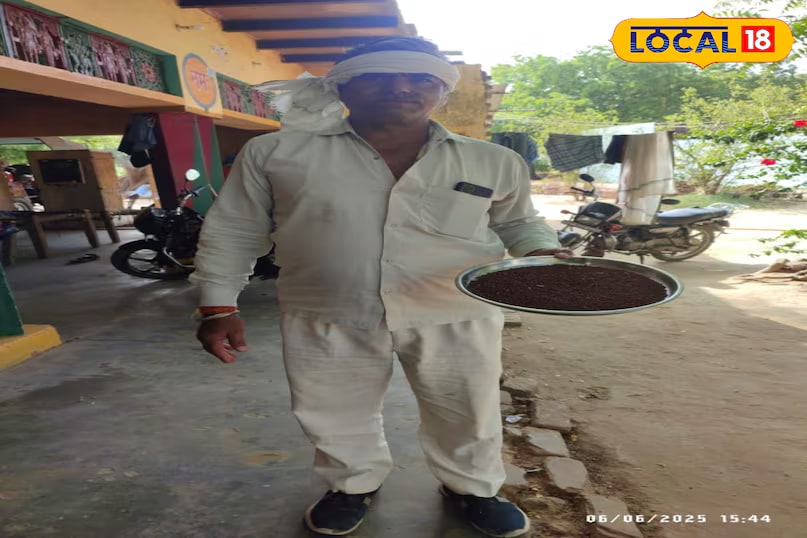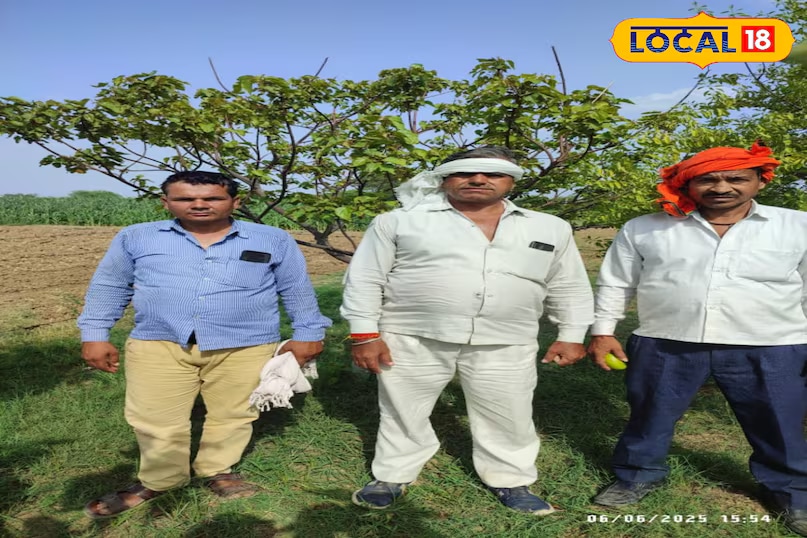After the Indian Army launched ‘Operation Sindoor’ in response to the Pahalgam terror attack, the term ‘sindoor’ has been echoing across the nation. Interestingly, this has also brought attention to a small village named Vairi in Agra, where a farmer, Ramdhanush Tyagi, is quietly scripting his own ‘Operation Sindoor’ through innovative farming. (News18 Hindi)

About two years ago, Ramdhanush bought three sindoor plants from Maharashtra, paying Rs 180 for each. While two didn’t survive, one did and from that single plant, he harvested nearly 1 kg of sindoor seeds. These seeds are highly valuable, fetching close to Rs 10,000 per kg in the market. (News18 Hindi)

He shares that the ideal time to sow sindoor is between January and February. By October, the plants yield sindri-like fruits, and by April, the seeds are ready for collection. The traditional sindoor made from these seeds is rich in medicinal qualities, which adds to its demand. (News18 Hindi)

Commonly known as ‘Rakt Pushp’, the sindoor plant is seen as a high-yield crop that requires minimal investment and space, making it perfect for small-scale farmers. (News18 Hindi)

Inspired by Ramdhanush’s success, many farmers in the village have now begun exploring sindoor cultivation. Ramdhanush, meanwhile, is guiding them with practical advice and encouragement, helping them turn to this promising crop. As ‘Operation Sindoor’ makes headlines nationwide, Ramdhanush’s quiet agricultural revolution in Vairi serves as a remarkable example of how indigenous farming practices can lead to prosperity and pride. (News18 Hindi)






